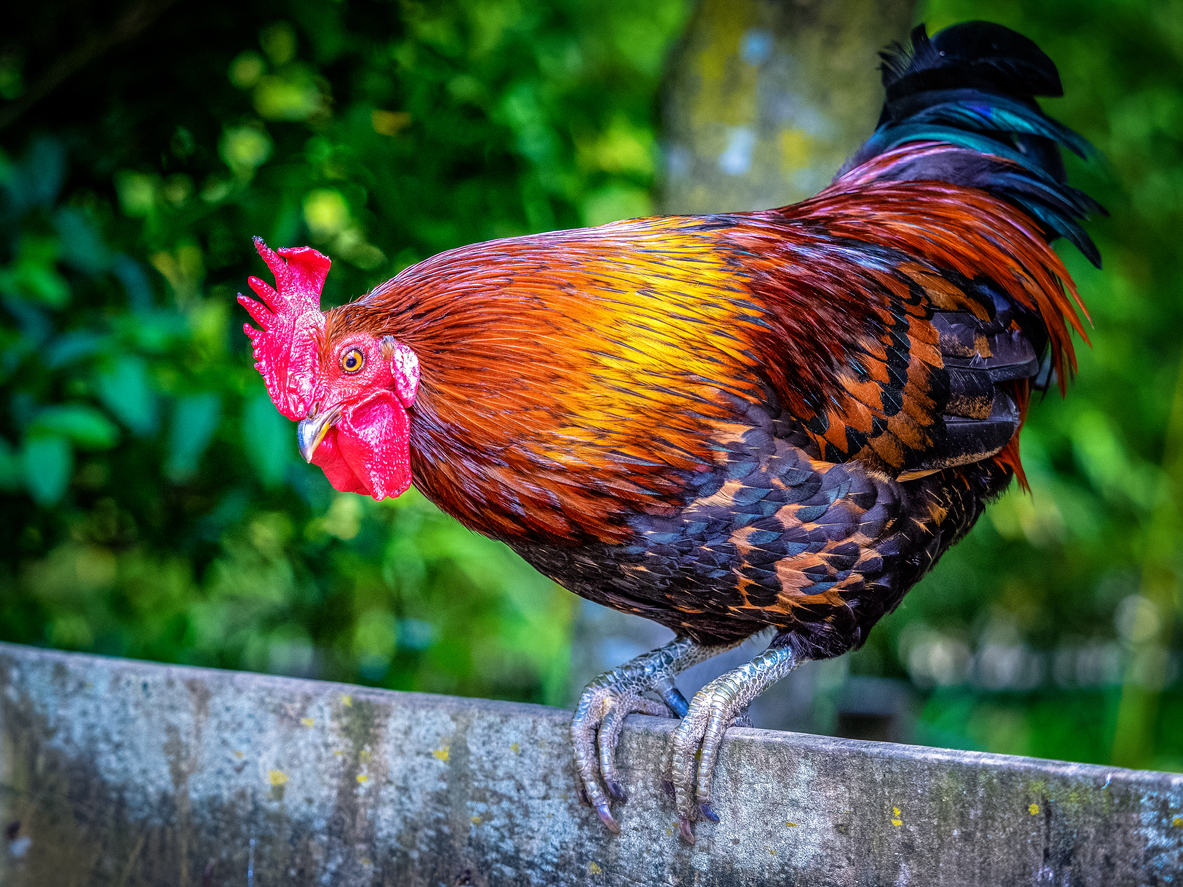She or the Rooster has to Go After Complaints to the Authorities

Eliza Carthy received a noise complaint in the form of a letter from her local council about Lady, her rowdy rooster. The noise complaint was made because the rooster’s crowing was far too noisy and had been disturbing some of the local residents.
The rooster is named “Lady” as it was originally thought to be a hen. It wasn’t until the animal got older and started crowing that it became apparent it was a male, not a female.
The letter had been sent directly from Scarborough Borough Council to Mrs. Carthy in Robin Hood’s Bay. According to the Mail Online, they have seen the letter and within it, the Council stated they would be investigating the situation before taking any action, but that things could result in a fine.
The letter mentioned that if the complaint was justified, formal action would need to be taken and this would mean receiving a nuisance abatement notice. If Mrs Carthy didn’t make any changes to the situation after receiving the notice she may be liable for an ‘unlimited fine’ or a Community Protection Notice.

Mrs Carthy was worried and shaken by the letter. She was so upset that she posted a message on Facebook in the Robin Hood’s Bay Village Group asking for some help and advice.
She was completely stunned at the response she received. Residents were so angry at the letter the council had sent that hundreds of them began posting in support of her. There were between 300 and 400 posts shared, and since then a campaign has been set up to ‘keep the cockerel’.
Alongside the campaign, there have been T-shirts made with Lady’s face printed on the front. Other merchandise has also been made in support of the campaign such as posters and stickers.
When Mrs. Carthy spoke to the BBC, she said, ‘When we first got the letter from the council, we were really quite scared and my mum got very, very upset.’ She went on to talk about how threatening the letter had been, and how this had been her reason for posting on Facebook to ask for help.
She explained that she didn’t want to be a bad neighbour, and if anyone had any real problems, she would be happy to try and sort them out.
One of the best things about the Facebook post was the number of helpful suggestions she received from people she had never even met before.
One person suggested that she should lock Lady up throughout the night and then let him out in later in the morning, at a more respectable time. According to the kind stranger, this should reduce the amount of crowing he does.
Since receiving the advice, Mrs. Carthy has been letting Lady out at a much later time in the morning and it seems to be working. She is very happy about the changes that have been made.
Due to the number of complaints Scarborough Borough Council received concerning the matter, a spokesperson for the council had no choice but to respond ‘While we can’t discuss individual cases, we do have a statutory duty to investigate all noise complaints, regardless of the nature of the noise.’
If an issue such as this one occurs, it is suggested by most local councils that the neighbours and the person who owns the noisy cockerel should have a friendly conversation about the situation. Unless the neighbours let the owner of the cockerel know, they may not be aware that there is an issue.
Another Article From Us: Rare Turtle Spotted for Only Second Time, Looks Like Melted Cheese
If a person doesn’t feel like they can approach their neighbour, it is suggested that they highlight the situation by writing a polite letter instead. It is always important to keep a copy of the letter for your records.
